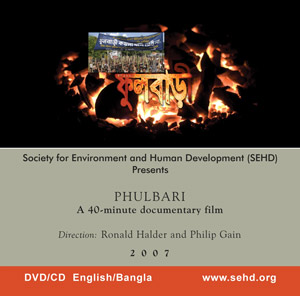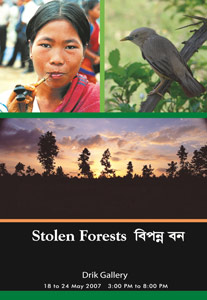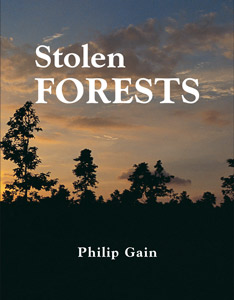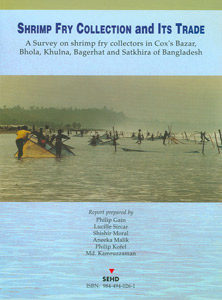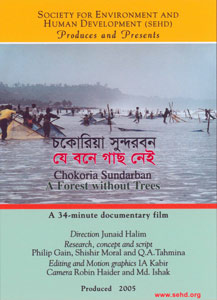A survey on shrimp fry collectors in Cox’s Bazar, Bhola, Khulna, Bagerhat and Satkhira of Bangladesh.
Shrimp cultivation has taken place extensively in the coastline of Bangladesh. Now the entire coastal belt has turned into a web of shrimp farms. It is very massive in the districts of Khulna, Satkhira, Bhola, Noakhali, Patuakhali, and Cox’s Bazar. The severe consequence of shrimp cultivation is best illustrated in the complete destruction of the Chokoria Sundarban, a unique mangrove patch in Chokoria Thana of Cox’s Bazar District.
Demand for shrimp in the markets of the West as well as loans and grants from the World Bank and Asian Development Bank (ADB) in particular have encouraged the rapid growth of shrimp farming in Bangladesh. Shrimp brings a lot of cash fast, but not without affecting the local environment, society and economy. However, the profiteers from the shrimp industry stay blind to the consequences.
One major factor in sustaining the shrimp industry is the harvest of shrimp seedlings from nature. It is considered to be very harmful for the marine environment and therefore, banned in many countries.
While significant attention is given to the state of shrimp cultivation in Bangladesh, as well as other countries, the issue of fry collection remains largely unattended.
SHRIMP FRY COLLECTION AND ITS TRADE presents the findings of a survey of 1,200 shrimp fry collectors that discuss different aspects of the trade especially its effects on nature, local environment, economy and society.
With data, analysis, anecdotes, photos and maps, the report is an important resource for anyone interested in shrimp fry collection, its trade and the whole shrimp industry.
Published: 2005
Language: English
Paperback: 57 pages
Prepared: Philip Gain, Lucille Sircar, Shishir Moral, Aneeka Malik, Philip Kofel and Md. Kamruzzaman
Price: Tk.150 / US$5
